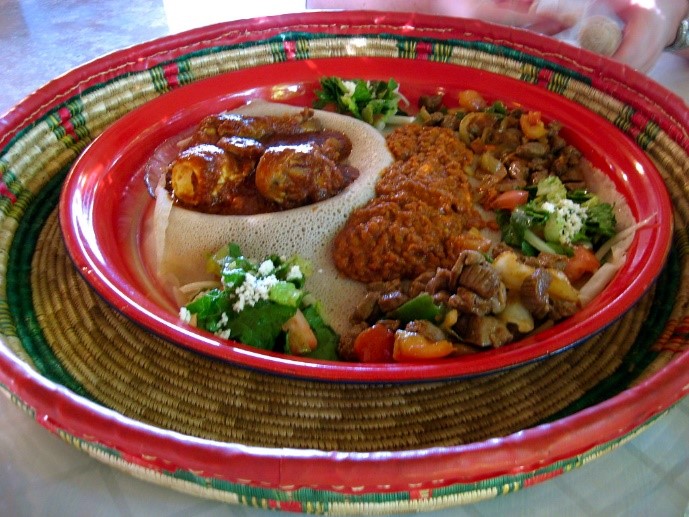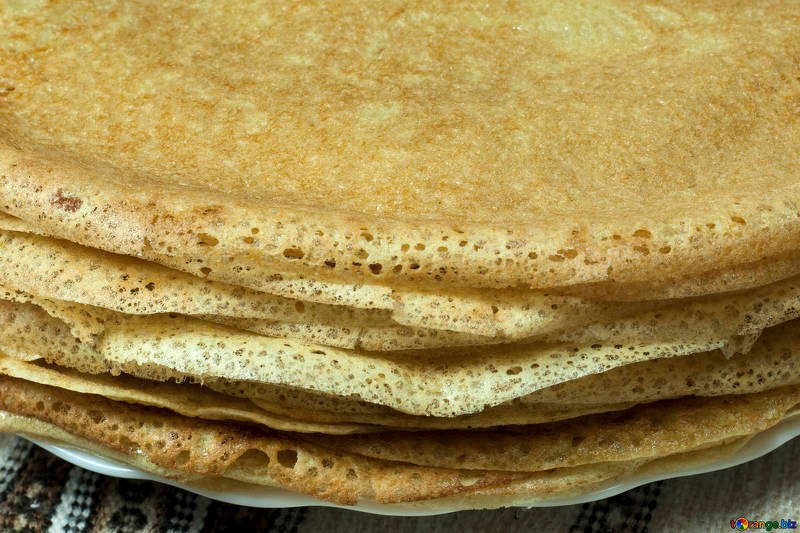Thursday, September 12th, marks the first day of the first month – known as Meskerem – of the new year for both Ethiopia and Eritrea. The name “Enkutatash” translates to “Gift of Jewels” and alludes to a centuries-old tale of Queen of Sheba’s visit to King Solomon. She brought a range of gifts for the king and, upon her return home, was welcomed with a supply of “enku” (jewels) for her treasury.
Today, there are still many lasting traditions to observe Enkutatash. Most families gather to enjoy a traditional meal and celebrate by giving gifts to the children. In some places, celebrations may last for multiple days, including the eve of Enkutatash, on which it is common to attend a church service and to offer prayers ushering in the new year. Singing and dancing are also popular ways to celebrate, especially among young girls.
Traditionally, bouquets of freshly picked flowers (symbolizing the coming of spring and period of revitalization) and painted pictures of saints were given by children in exchange for reciprocal gifts. Today, however, greeting cards are much more common. Get a glimpse into some other Enkutatash traditions from a London couple’s travel blog.
As in many cultural celebrations around the world, food is essential in the celebration of Enkutatash. An animal is typically purchased the evening before to be slaughtered the following morning, and a variety of beloved dishes are served after usually half a day’s preparation. Check out a few of the typical Ethiopian dishes enjoyed for Enkutatash below.

Doro Wot, a spicy chicken stew, is cooked for over an hour and typically served with rice or flatbread (injera).
Dulet is a combination of minced beef, liver, and lamb tripe, sometimes served raw.
Ga’at resembles a stiff porridge and is often made of either barley flour or cornmeal.
Coffee is a staple in Ethiopian food and drink culture, as the coffee plant originates from Ethiopia.
Araki is a homemade liquor is typically made from grapes and aniseed and is one of the strongest drinks in Ethiopia.
References:
http://afrotourism.com/travelogue/festival-enkutatash-ethiopia/
https://theculturetrip.com/africa/ethiopia/articles/how-to-celebrate-the-ethiopian-new-year/
http://www.handzaround.com/journal-1/traditions-to-know-about-whilst-celebrating-ethiopian-new-year-handzaround




